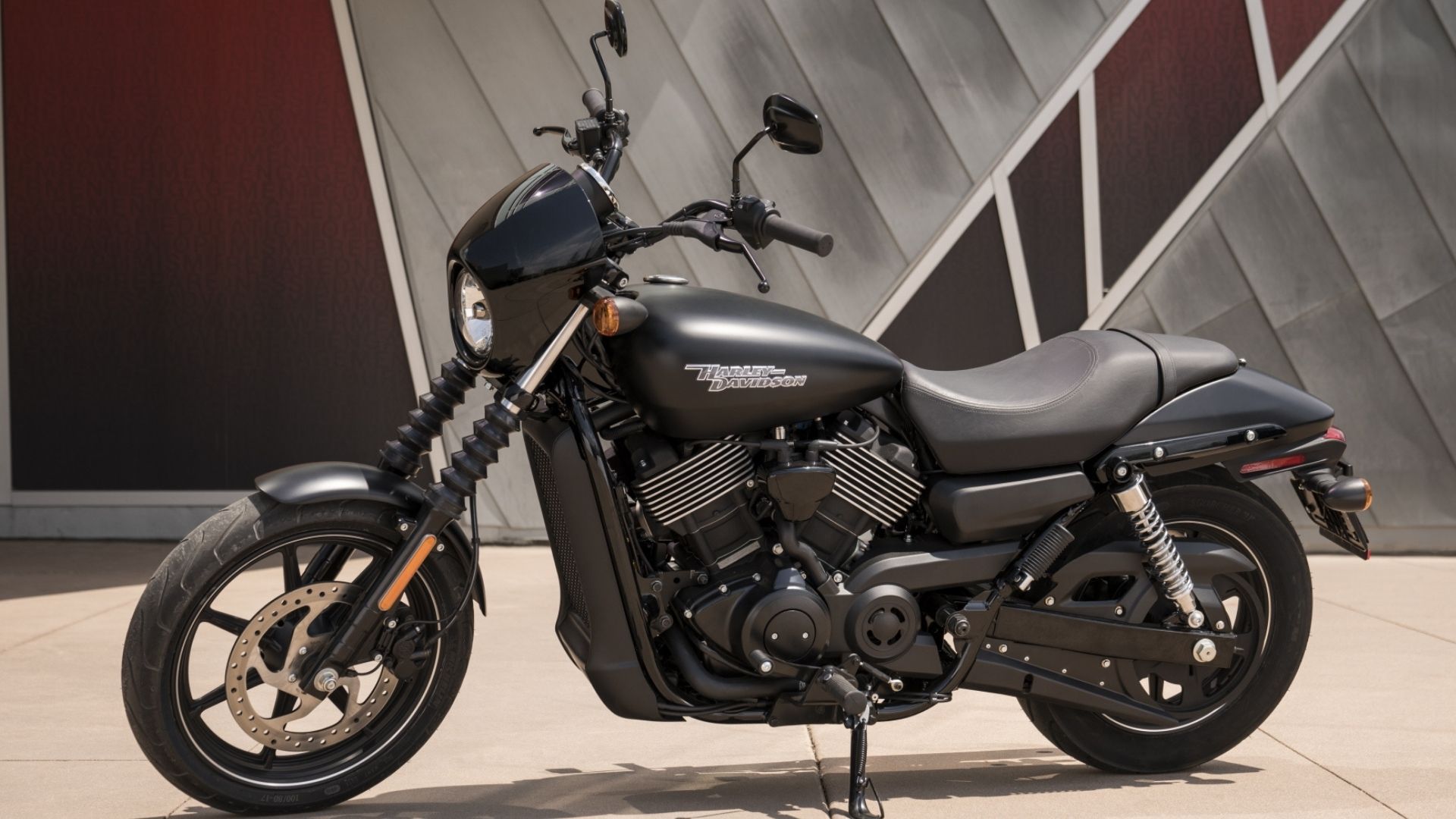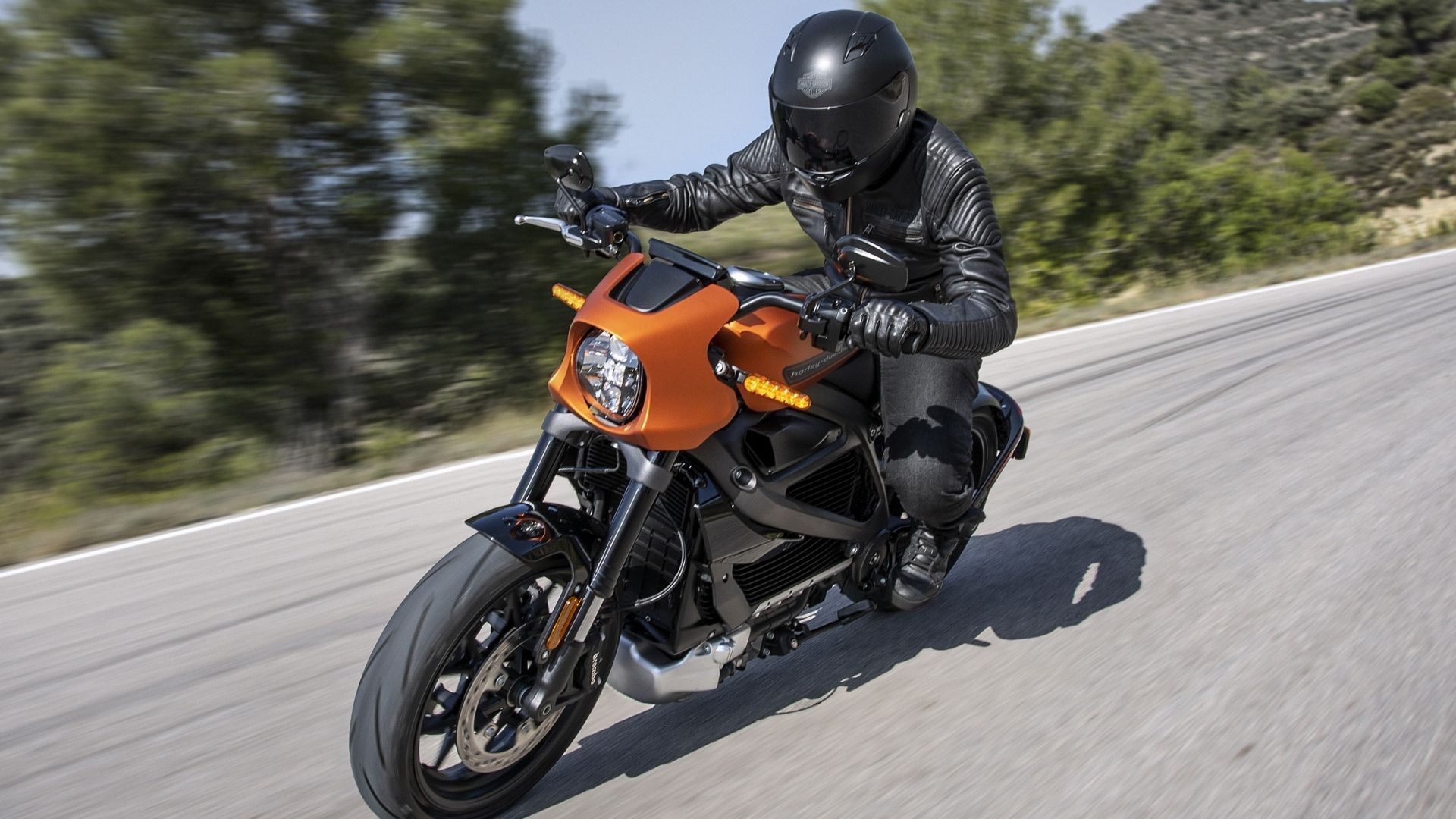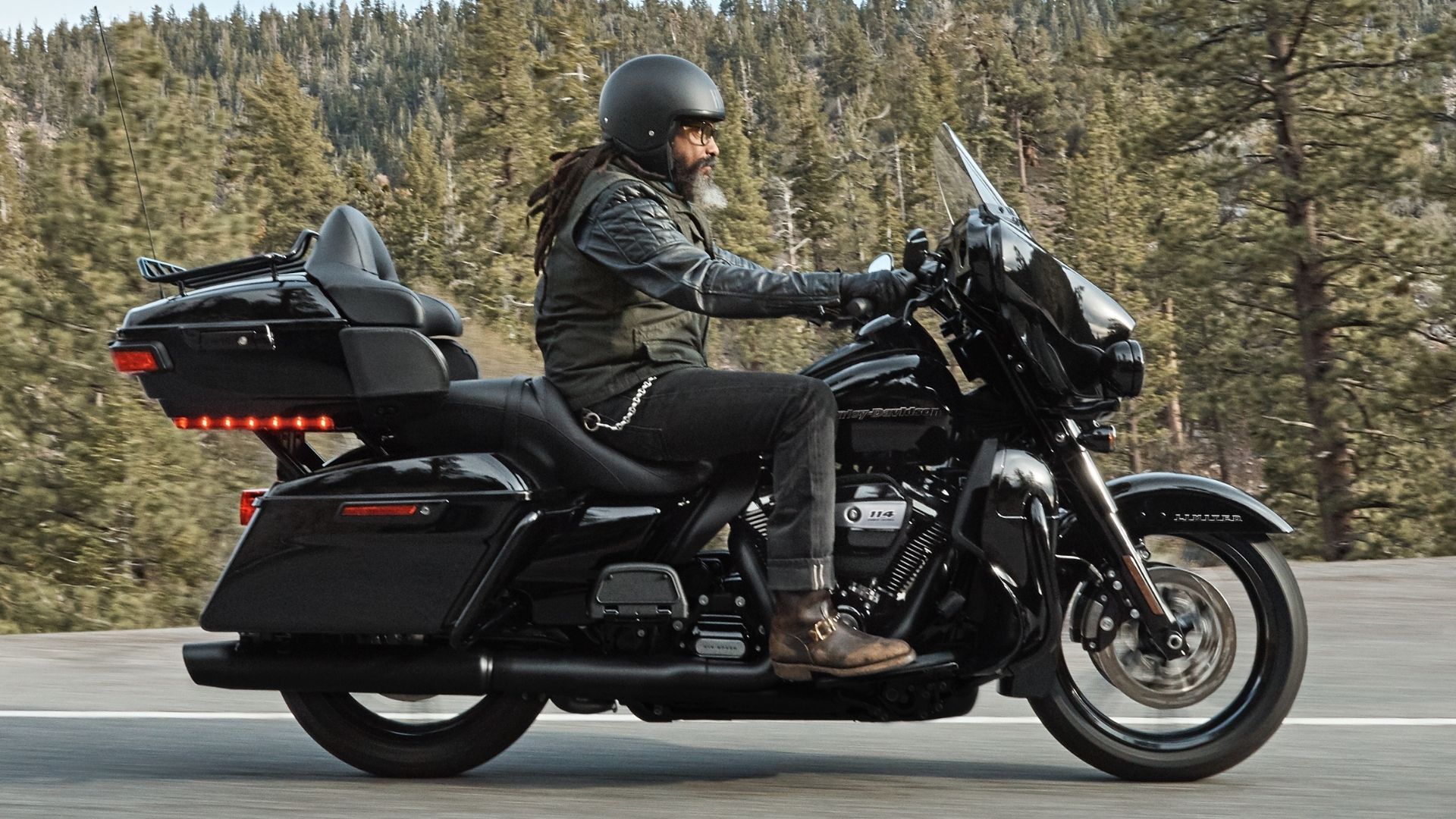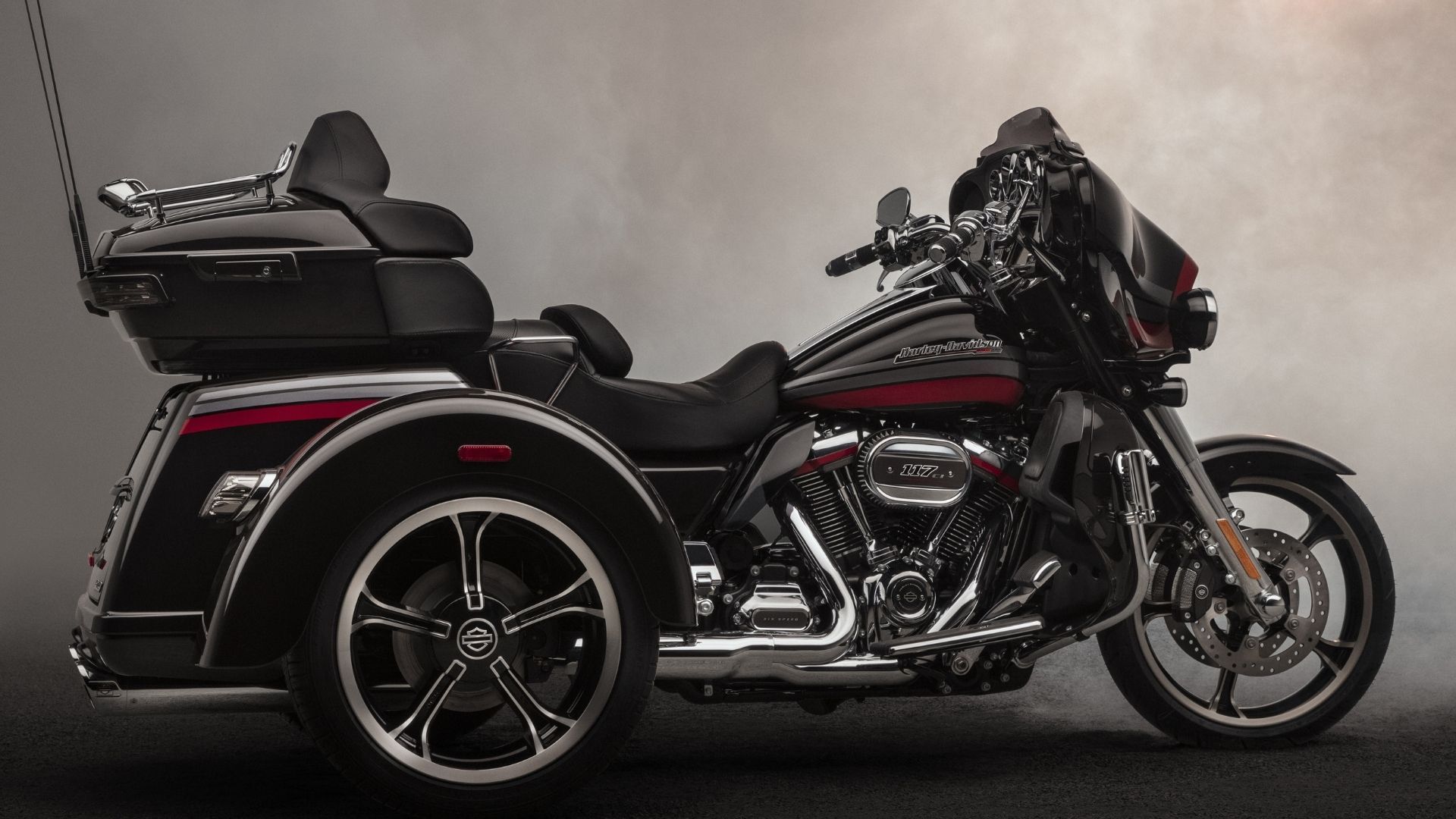Is this a good or bad move?
Not too long ago, Harley-Davidson set the news wires on fire by announcing it will shut down all operations in India and fully pull out of that market. Immediately, journalists around the globe loudly declared it was a sign that the company is going under. But is it? We’ve asked before whether or not Harley-Davidson is on its last leg, and your answer to that question will probably determine how you feel about this latest move by the American motorcycle giant.

To be fair, Harley-Davidson has made its bed with a whole range of problems. Foremost in a lot of riders’ minds is the image of Harley, with the leather, chains, shaggy beards, skull tattoos, and in general an icon of the counterculture. Not everyone is a fan of looking like some outlaw while out for a ride.
The brand has turned away from its roots like off-road racing, something it’s been slowly teasing at jumping into full-force again. But for some, the image of the Harley-Davidson rider is etched too deep into their mind and so is resentment about being excluded by the brand. However, the problems don’t stop there.
Sales of big road bikes have been falling for years. The fact Harley-Davidson has relied on that section of the market for so long means its less-than-diverse product lineup puts it in a precarious position. While it’s been catering to an older crowd, which likes big cushy bikes and trikes, perhaps it should’ve been also cultivating a new generation of riders? Efforts to do just that have been at best inconsistent, sadly.

Then there are arguments that the company has been playing games with its stock prices by hoarding shares. Eggheads can discuss that one all day long and whether it will lead to a financial bubble popping.
On the other hand, we knew the Harley-Davidson was going to be doing some big restructuring. Sometimes that means shuffling overseas operations. By the way some journalists have been reacting, you would think the company was shutting down its offices in Milwaukee and throwing in the towel. In other words, we don’t think some of the reporting is very objective.
President Reagan held up Harley-Davidson as a symbol of American ingenuity and work ethic. That’s been a thing of controversy since, with foreign motorcycle brands accusing the US government of protecting Harley from real competition by raising big tariffs on bikes from Europe and Asia.

This perception, along with the whole image of the brand, hasn’t helped Harley-Davidson generate warm fuzzies with consumers in India. If you’re not aware, that’s the largest motorcycle market in the world and so it’s seen by many as key to real success. But does Harley-Davidson need to even play in the Indian market to be profitable or good?
Well, that’s the real question and we don’t have a definitive answer. Most of the motorcycles which are popular in India are small, anemic things and carry small price tags. If you think the path to success in a market is volume sales, making a small amount of profit on each unit, you’ll probably believe Harley-Davidson is doomed for exiting India. If that were the case, every luxury brand in the world would be a complete failure. But is Harley-Davidson a luxury brand? That’s the real question here.
For many Americans, owning a motorcycle is a bit of a luxury or an unnecessary thing. Yes, some people use a bike as their primary mode of transportation and we’re not criticizing that at all. But you have to recognize that unlike in India the majority of households have at least one car and no motorcycle.

Take a look at Harley-Davidson’s current lineup. The Breakout starts at $20,499 while the Fat Boy 114 starts at $20,599. If you think that’s too much to spend on a new motorcycle, the CVO Limited starts at $44,039 and the CVO Tri Glide starts at $48,999. I could go on, but hopefully you get the point: those are prestige prices and I’d argue that makes Harley-Davidson a premium brand.
Is that a smart market move? That’s what people should be arguing about. It probably depends in part of what the company does with its lineup in the next 5 to 10 years, but I’ll fully admit that’s debatable. However, this crying that the sky is falling because Harley is pulling out of the Indian market seems ill-informed and likely motivated by other agendas.






